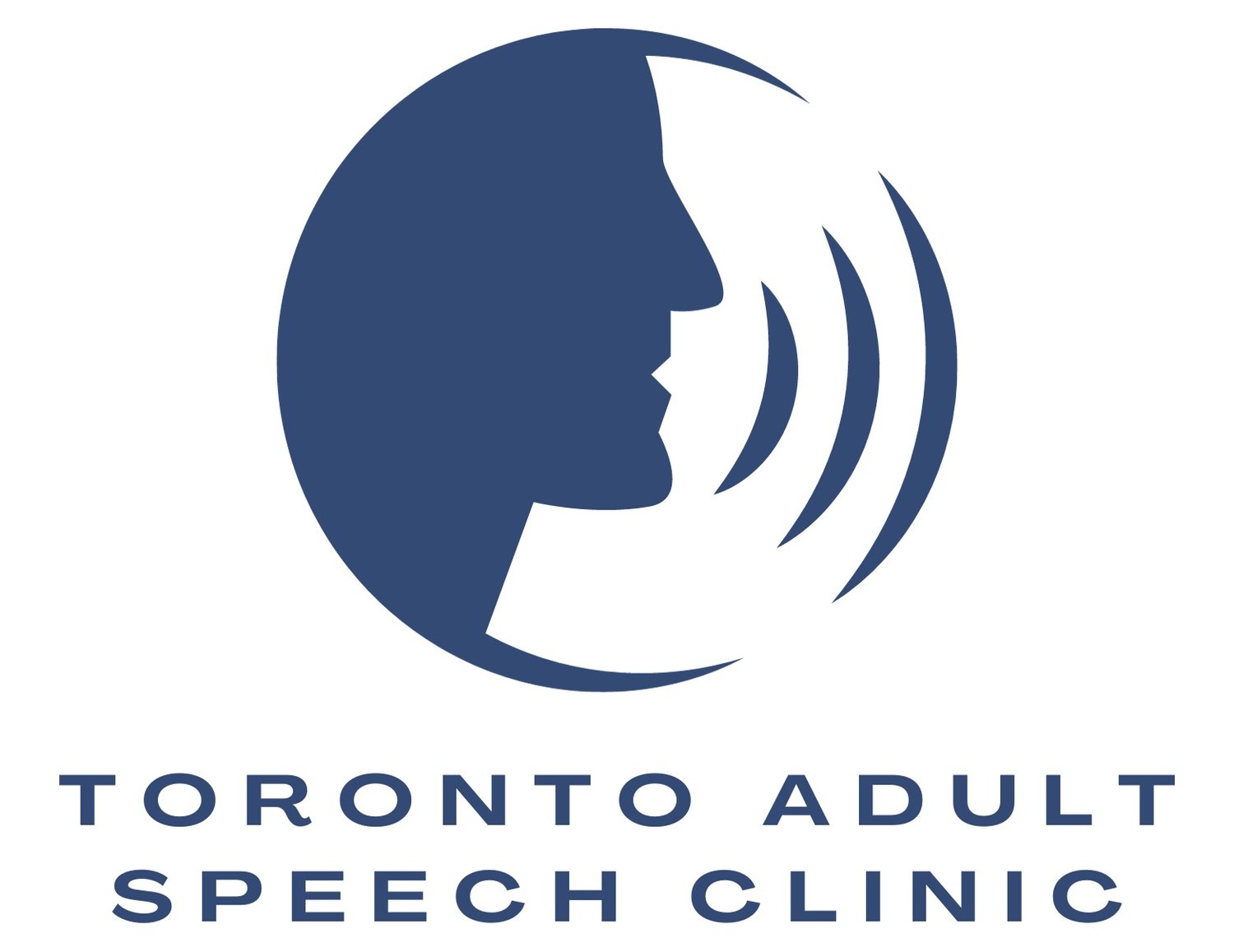Working in Fitness Doesn’t Have to Cost You or Your Voice
Working in Fitness Doesn’t Have to Cost You or Your Voice
How investing in your voice as a Fit Pro can pay off
Let’s face it: if you’re a fitness instructor, your voice is truly one of your most valuable assets. It is the primary way that you connect with the people around you and make a meaningful impact. It’s what motivates clients to push through that last challenging set of burpees or inspires them to put in that one extra rep when they think they can’t go any further. So what happens when your voice doesn’t feel or sound quite the way you expect it to?
Well firstly, it’s not a great feeling. And the truth is, it can become expensive in terms of both your services and your clients’ experiences!
So what do we know?
The Prevalence of Vocal Fatigue
Let’s talk numbers. According to current research, a staggering 70-80% of fitness instructors report vocal fatigue (compared to 30% of the general population). That is in part due to the nearly 400% increase in vocal effort and demands on your voice when you’re instructing versus when you’re just socializing with friends. Even more seriously, 45% of fitness instructors have voice issues severe enough to impact their teaching. For example, in Canada, 48% of instructors experience hoarseness or vocal strain weekly. That means significant changes to voice function are not just an often accepted reality, but basically a rite of passage in the fitness world.
Even when you CAN take a break and rest your voice between classes (which isn’t always possible), sometimes habits of shouting or straining have become so ingrained in a particular style of teaching or a necessity in the environment you teach. So although the voice may have time to recover, the second you turn it on again, it has “zero chill” and is right back at that high intensity and effort. So the cycle of strain or fatigue continues.
In fact, research suggests that about 40% of fitness professionals experience some kind of chronic or long-term change in their voice function that affects not just their teaching, but their personal voice use and social life as well. And this doesn’t have to be the case.
The Financial Impact
Now, let’s talk dollars. Chronic voice problems can cost instructors as much as $15,000 to $25,000 a year in lost income according to the American Speech-Language-Hearing Association (ASHA). These numbers can increase the longer voice problems go unaddressed because you have to teach that one more class or can’t find a sub to take over.
For studios, replacing an instructor for a single class can cost money and affect the guest experience, satisfaction, and trust in a studio. Especially if it’s their favourite instructor who is always needing to sub out! One report by the Fitness Business Association (FBA) estimated that voice issues causing cancelled classes or reduced appearance on the schedule by an instructor can result in an estimated 10-15% drop in revenue (depending on studio size, number of instructors affected, etc.)
Impact on Class Experience
So the stakes aren't just financial; they’re also about the experience of the clients. A whopping 85% of class participants say the instructor's voice is key to their motivation. That means when your voice sounds like you just swallowed a kazoo or feels like you’re squeezing the last bit of toothpaste out of the tube, you might be losing loyal clients faster than you can say “one more rep.”
In Canada, a study found that 65% of participants in classes led by instructors with vocal issues reported reduced motivation and even confusion.
So, if you are noticing your class is feeling more like a game of charades or you are having to make choices in your programming based solely on a guessing game of what your voice can handle- you aren’t alone. And better yet, you don’t have to accept it as a “rite of passage” or “occupational hazard” to do what you love.
So what can we do?
Efficacy of Voice Training
You don’t have to accept losing money or your voice for your career. Why? Because voice training is a thing. And it is something fitness professionals benefit from in the same way they benefit from their own physical training to teach their HIIT, spin, or yoga class. Research shows that most fitness professional understand how important their voice is on some level, they just aren’t sure where to go for support or have trouble prioritizing it as an investment.
Research also shows that voice training and building healthy vocal habits can reduce vocal fatigue by 40%. Even smaller changes and an increased awareness of how your voice functions can have a big impact. This is especially true if you have never trained your voice before or thought about how your voice works. Plus, those who undergo vocal health programs report a 30% improvement in endurance and a 20% decrease in strain.
So, to all the fitness instructors and studio owners out there: don’t let vocal fatigue sideline your career or your income. Remember, your voice is your most valuable asset- and just like any other asset- it pays to invest in it.
For more information on our Vocal Fitness consultations, one-on-one sessions and coaching, and team workshops, click here.
Jordan Scholl our Clinical Director, Speech-Language Pathologist and Fitness Professional himself will also be running a one-hour “Voice Care Quickie for FitPros” workshop in collaboration with GroupX Conservatory and Fitness Career Mastery on Thursday Oct 24, 2024 at 2pmET/11am PT.
You can register you or your team here.


